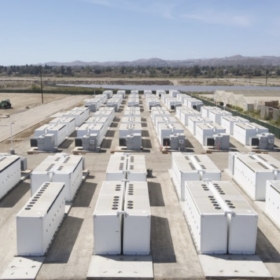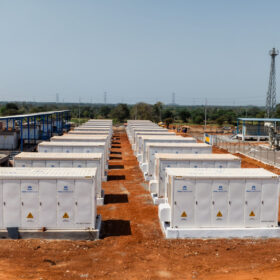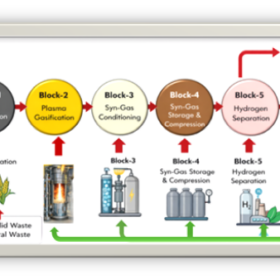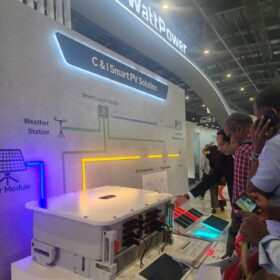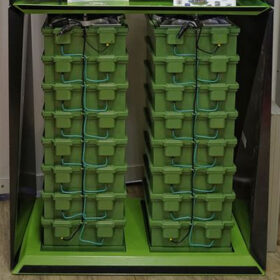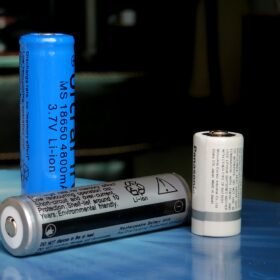Bridging the gap between India’s rare earth reserves and extraction challenges
While India has research capabilities across public laboratories and academic institutions in both rare earths and battery recycling, the transition from lab-scale innovation to industrial deployment has been slow. This gap between research and commercial execution continues to limit scale across the critical minerals ecosystem.
India mandates 20% domestic content in battery storage projects
The Indian Ministry of Power has ordered all battery energy storage system (BESS) projects supported under the viability gap funding (VGF) scheme to meet a minimum 20% local content threshold, aiming to boost domestic manufacturing and innovation.
The real question for India: Should we chase the next technology or optimize global best practices?
By combining proven global practices with solutions designed for Indian conditions, offering choices for different customer needs, and continuing to invest in meaningful innovation, India can build a solar ecosystem that is resilient and inclusive.
Top 5 trends shaping India’s battery energy storage systems market in 2025
India’s battery storage landscape is undergoing a decisive transformation in 2025. Across utilities, regulators, and developers, BESS has moved beyond early-stage exploration and is increasingly recognized as an essential component for grid stability, renewable integration, and long-term energy planning.
India eyes 230 GWh of energy storage to meet 300 GW peak power demand
With peak power demand expected to approach 300 GW in the coming years and electricity demand growing at 6–7% annually, India would require nearly 230 GWh of energy storage capacity by 2030 to ensure grid stability, flexibility and reliability—said Bhupinder Singh Bhalla, Former Secretary, MNRE, at the Indian Power & Energy Storage Conference 2025, organised by FICCI.
The Hydrogen Stream: NTPC NETRA to set up plasma gasification-based green hydrogen plant
NTPC’s R&D wing NETRA will set up a plasma gasification-based green hydrogen plant on its campus at Greater Noida. The plant will be designed to produce one tonne of green hydrogen per day.
WattPower surpasses 18 GW of inverter sales in India
WattPower has sold more than 18 GW of utility-scale string inverters across India over the last two and a half years.
Researchers find sodium-ion batteries using hard carbon anodes can intrinsically charge faster
Researchers at Tokyo University of Science showed that sodium-ion batteries with hard carbon anodes can charge faster than lithium-ion batteries by using a diluted electrode method that reveals sodium insertion is intrinsically quicker than lithium.
Europe’s first sodium-ion cell made with fully domestic components
Welsh battery breakthrough uses UK-manufactured anode and cathode materials as well as active materials available through local supply chains. Batri plans to scale up material manufacturing and cell building capability.
GEON launches inverter with inbuilt lithium battery for homes
GEON, part of the 60-year-old Kabra Extrusion Technik Group, has launched GELITHIUM, an all-in-one power backup system that integrates a pure sinewave inverter with an inbuilt lithium-ion battery. GELITHIUM is available in 1,250 VA and 2,500 VA variants, with 12.8V/100Ah and 25.6V/100Ah lithium batteries, respectively.

